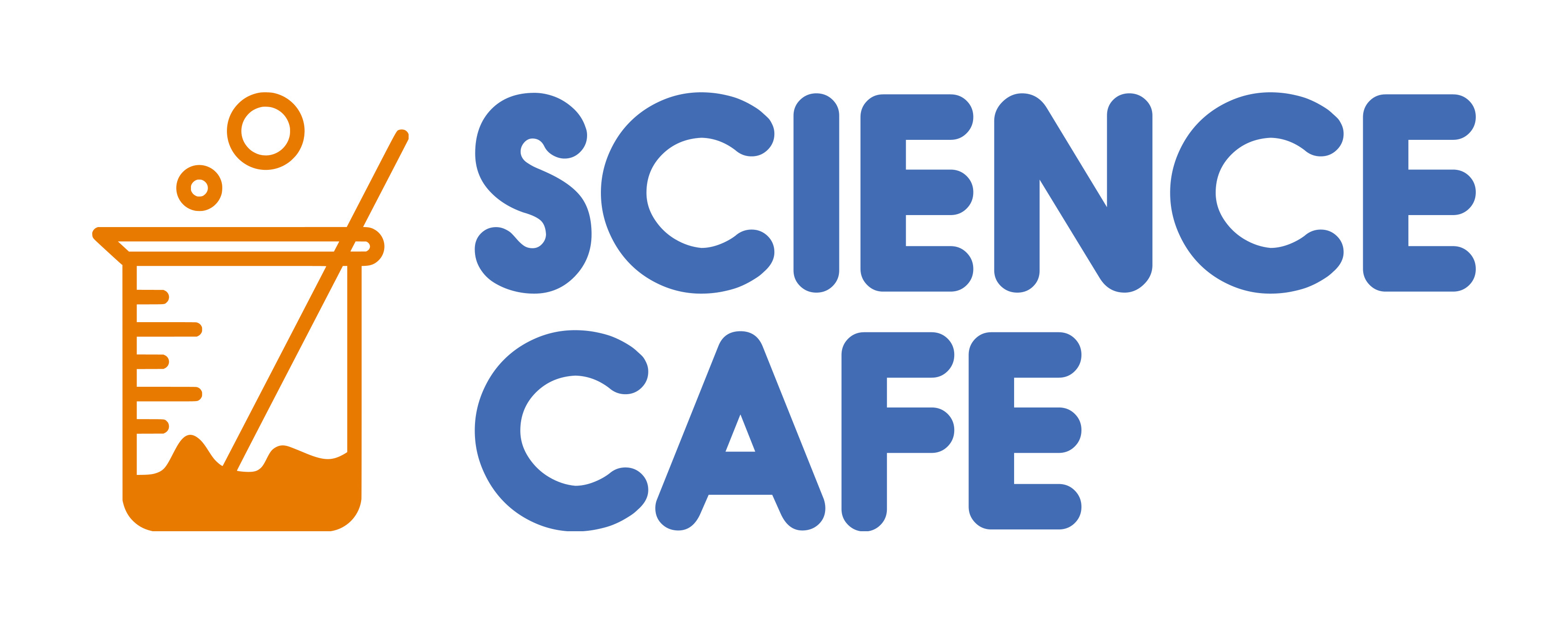Ofqual admits overstating exam assistance
Ofqual has admitted that it significantly overstated the number of students receiving exam access arrangements (such as extra time, readers, or scribes) between 2014 and 2024, and has withdrawn the relevant statistics. The errors stemmed from data-aggregation issues—duplicate entries, counting students who didn’t take exams, and mis-recorded cases. This admission has significant implications for fairness, access, and exam design: Fairness & trust: Earlier narratives, especially concerning private vs. state schools, may have been shaped on flawed assumptions. Access for need: The recalculated figures suggest that the share of students needing support more closely aligns with the prevalence of special educational needs (SEN), rather than the inflated prior claims. Exam design & policy: This raises questions about how data drives access policies, resource allocation, and exam structures, and highlights the need for better data governance and transparency. Going forward, exam regulators, schools, and policymakers must rebuild confidence in access statistics, reconsider inequities rooted in flawed data, and ensure future exam design is grounded in accurate, trustworthy evidence.



